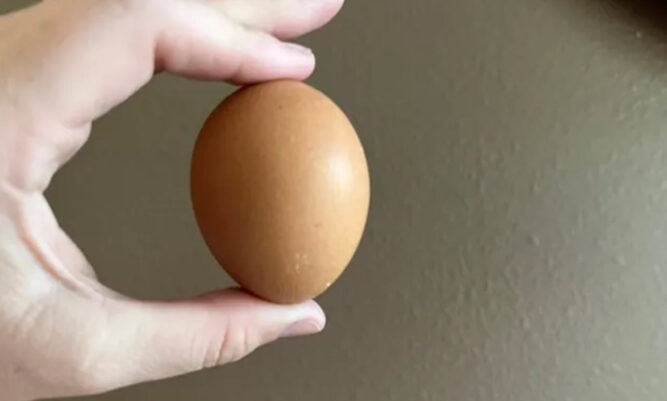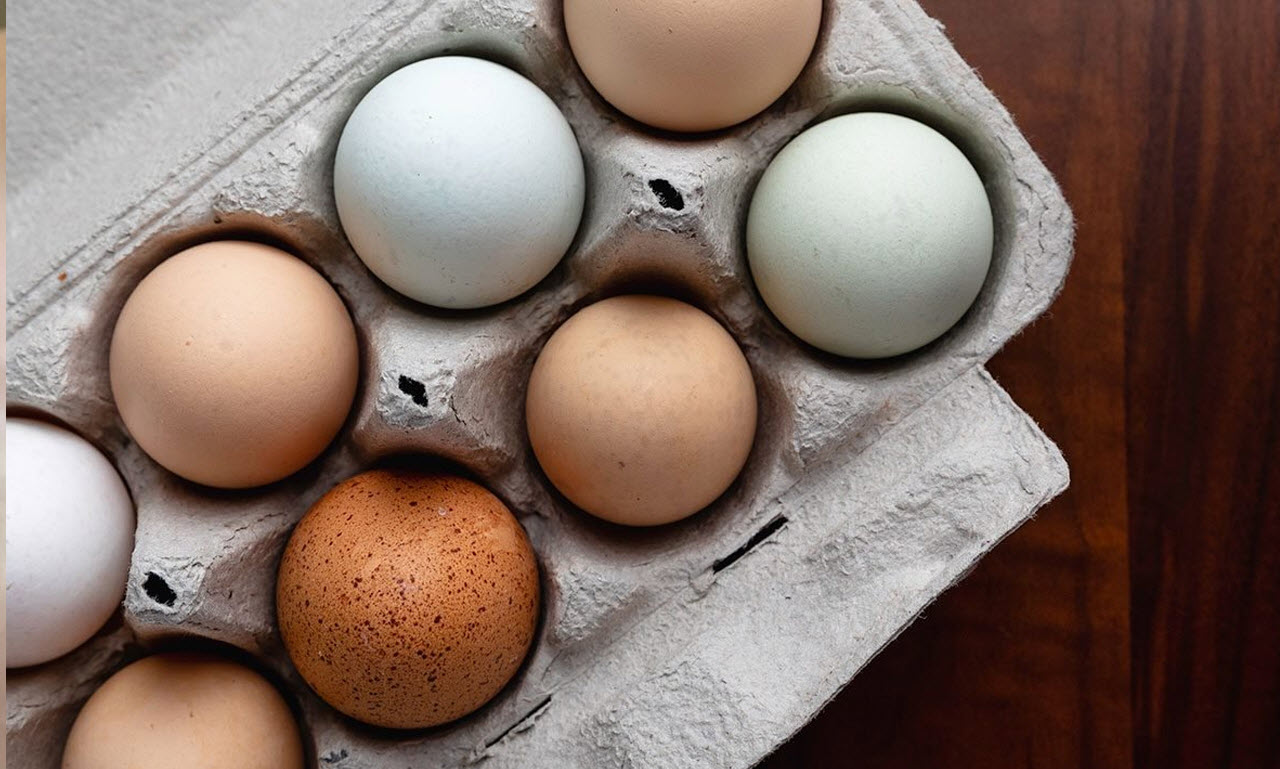Eggs – they’re a staple in every household. From morning omelets to evening baking, these little miracles of nature find their way into almost every meal. But wait, are you storing them right? Let’s dive into the ins and outs of egg storage and make sure our beloved food remains fresh and safe!

Many of us don’t think twice about how we store eggs. We bring them home, pop them in the fridge, and forget about them until needed. However, there’s a bit more to it if you want to keep those eggs fresh and your family safe from foodborne illnesses.
The Cold, Hard Facts: Refrigerate Those Eggs
First things first, eggs need to be kept cool. Ideally, you should refrigerate raw eggs at a temperature between 35°F and 40°F. Doing so ensures they remain fresh for up to five weeks. Remember, it’s best to store them in the original carton to minimize exposure to other strong odors that might lurk in your fridge.

Hard-Boiled and Happy
Hard-boiled eggs are a fantastic option for a quick, nutritious snack. Once you’ve boiled them, keep them in their shell and place them in the refrigerator. They can stay good for up to a week. It’s an easy, grab-and-go solution for those busy mornings or afternoon protein boosts.
Omelets and Scrambled Eggs – Oh My!
One delightful way to enjoy eggs is by making a fluffy omelet or a plate of scrambled eggs. These can be cooked and stored in a sealed bag in the refrigerator for up to four days. Make sure they have cooled completely before sealing to keep them fresh for longer.

The Liquid Egg Craze
Liquid eggs in a carton have become a popular alternative for many, offering convenience and ease. These eggs generally last about a week after the sell-by date. However, once opened, it’s best to use them within two days. Note that liquid eggs often come from damaged eggs processed at the factory, so treat them with a little extra care.
A Temperature Tale
No matter how you choose to prepare or store your eggs, one rule remains universal: always keep them at temperatures below 40°F. This prevents bacterial growth, including the dreaded salmonella. If you live in a warmer climate, exercise caution and avoid leaving egg-based meals at room temperature for too long.
The Trusty Float Test
If you ever find yourself questioning the freshness of an egg, simply perform the float test. Fill a bowl with water and gently place the egg in it. Fresh eggs will sink to the bottom, while older eggs rise to the top due to the larger air pocket inside. It’s a quick and easy check to ensure your eggs are still good to use.
By following these handy tips, you can keep your eggs in top-notch condition and ensure your family remains happy and healthy. Eggs are a superb food, versatile and nutritious. Treat them right, and they’ll never let you down.






